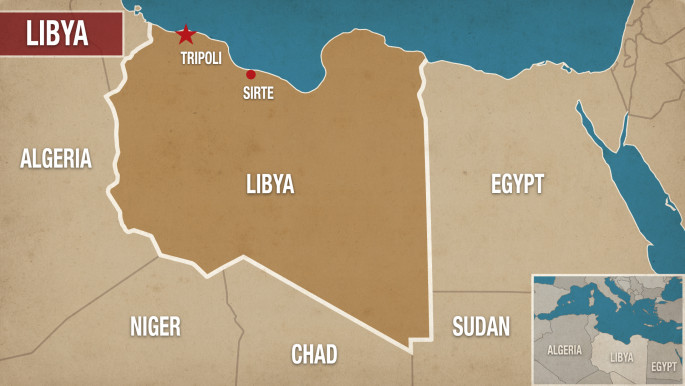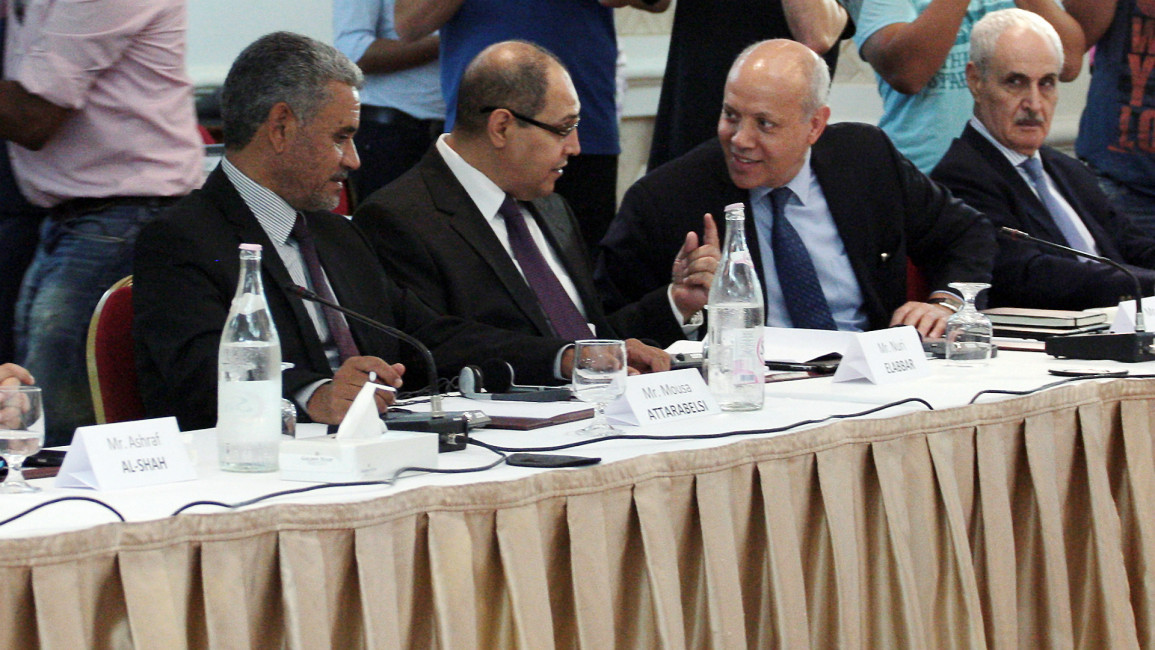Tunis hosts UN-brokered Libya talks
The members of the Libyan Political Dialogue signed in December 2015 a political agreement that established the UN-backed Government of National Accord (GNA).
But nine months on, the GNA led by Fayez al-Sarraj is still struggling to fully impose its legitimacy across the North African nation and facing rejection by Libya's parliament.
The internationally recognised legislature has repeatedly refused to give the GNA the vote of confidence it needs in order to formally take office.
On August 22, it again voted no confidence in the GNA and gave a nine-member presidential council headed by Sarraj a "final chance" to propose a new cabinet.
Monday's talks also come as forces loyal to the GNA were facing stiff resistance from Islamic State group holdouts in the coastal city of Sirte.
| Read more here: Libya forces facing 'fierce' Islamic State resistance in Sirte |
The pro-government forces launched an offensive in May to retake Sirte from IS, who had seized the hometown of slain dictator Muammar Gaddafi in June 2015.
 |
|
The capture of Sirte by IS sparked fears the extremists would use the city as a springboard for attacks on Europe.
National support for the GNA is seen as crucial to restoring stability and to tackling IS, which took advantage of the chaos that has gripped Libya since the 2011 uprising that ousted Gaddafi to take a foothold in the country.
Jamel Achour, one of the participants at the Tunis talks, said the meeting was aimed at trying to "find urgent solutions to the stifling climate facing the country".
"The Libyan nation needs the presidential council to take concrete steps... to solve the problems we and our children are facing," he said.



